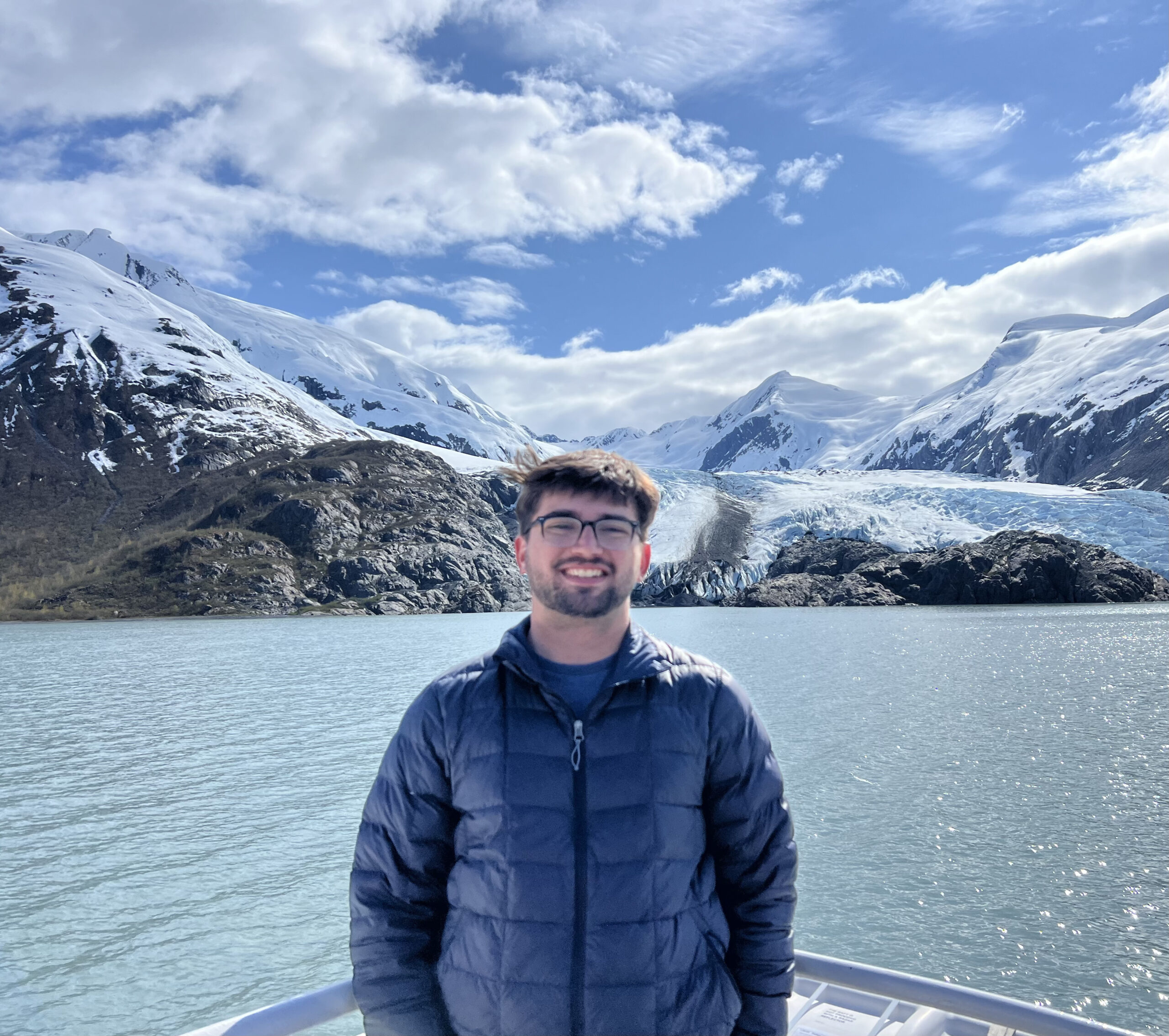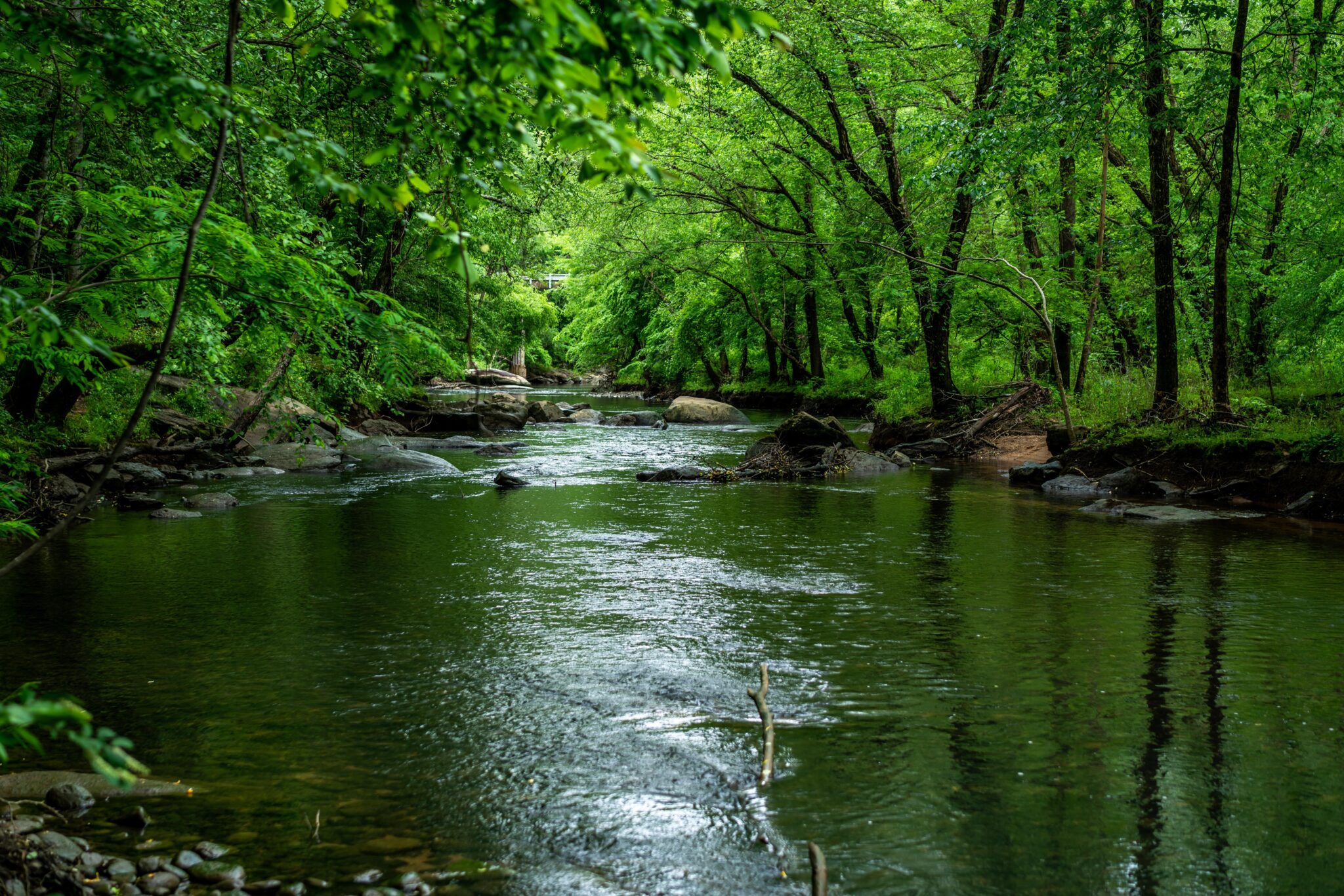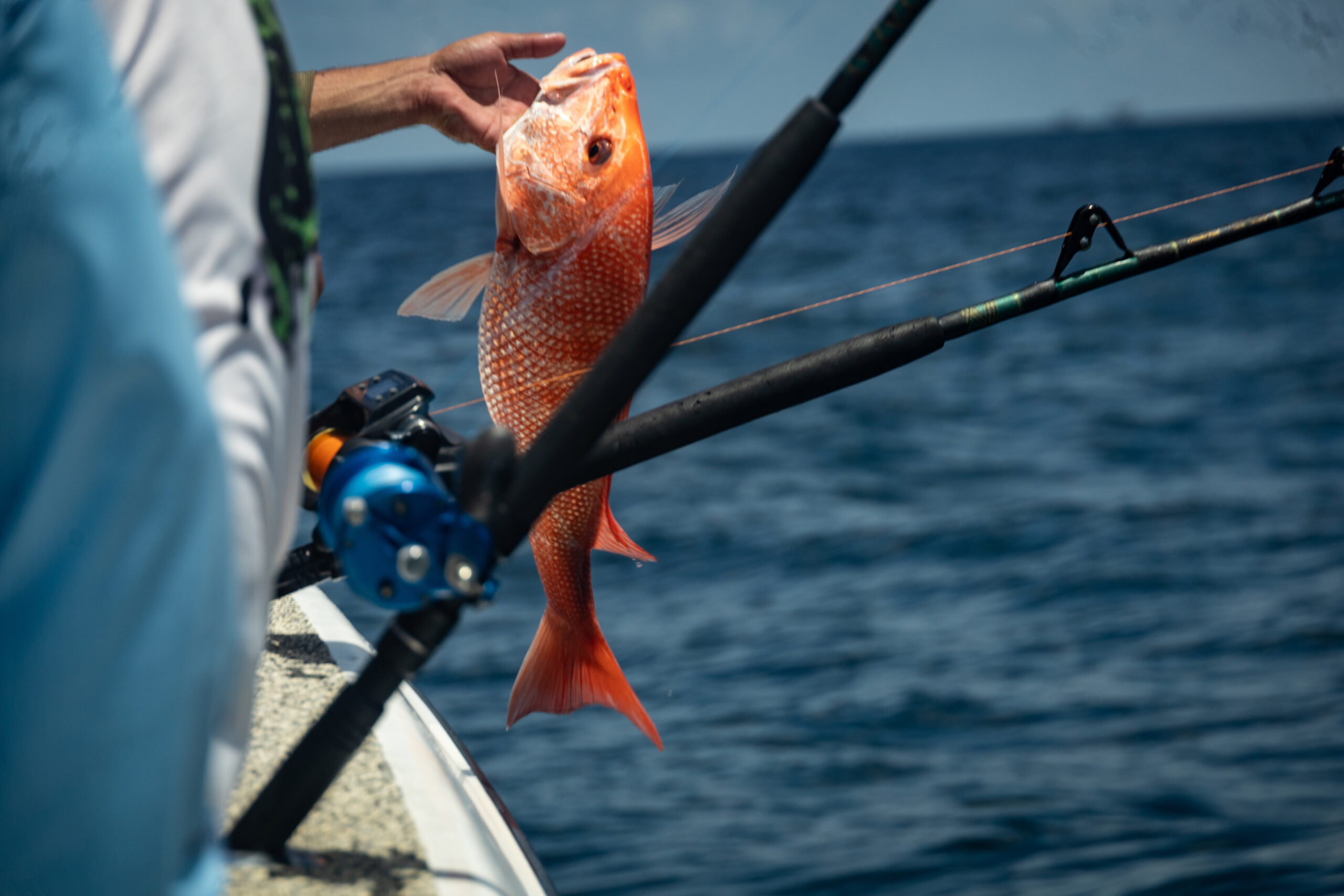Six NC Graduate Students Named 2023 Knauss Fellow Finalists
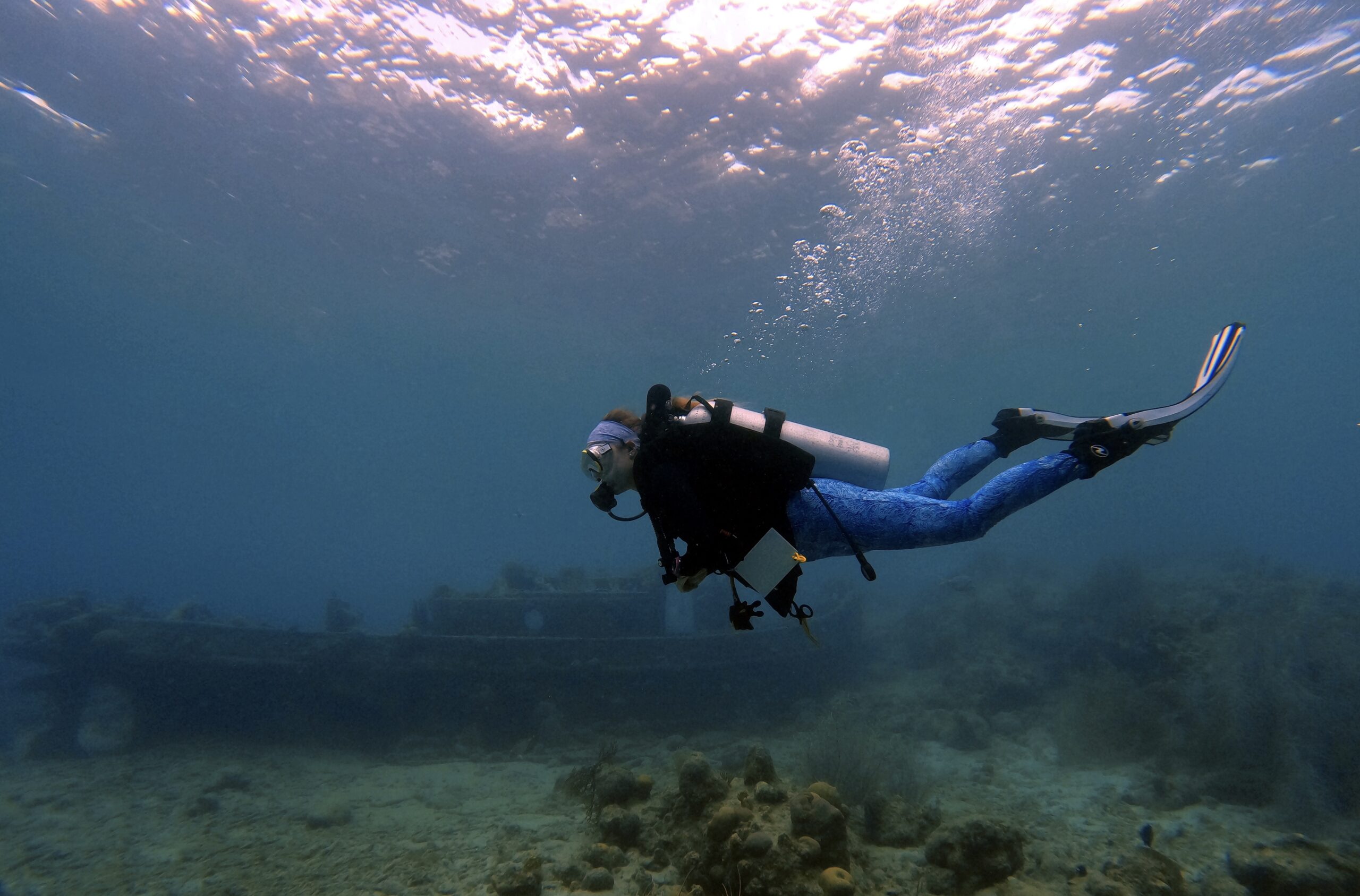
Contact:
Katie Mosher, kmosher@ncsu.edu
NOAA and Sea Grant have announced their finalists for the 2023 class of the Sea Grant John A. Knauss Policy Fellowship program, named after John A. Knauss, who founded the National Sea Grant program and served as administrator of the NOAA. Of the 86 finalists nationwide, six are graduate students from North Carolina: Carden Barkley, Anastasia Dulskiy, Claire Huang, Margaret Morrison, Rebecca Van Hoeck, and Zoe Wong.
“The Knauss Fellowship offers graduate students the invaluable opportunity to put their academic knowledge to practice in tackling marine, coastal, and Great Lakes management and policy challenges at the federal level,” says Jonathan Pennock, National Sea Grant College Program director. “We look forward to welcoming the 2023 class of Knauss Fellows and seeing how they will apply their unique insights to developing solutions to some of the most important challenges facing the country.”
This fall, the new finalists will participate in a virtual placement week getting to know each other and interviewing with their potential host offices. Once they have received their placements, finalists begin their fellowships in February 2023.
“This is the biggest class of Knauss Fellows that NC has ever had in any one year, with all six of our nominations receiving finalist status,” says John Fear, deputy director of North Carolina Sea Grant, a feat he notes is “no doubt due to the quality each candidate brings.”
North Carolina’s 2023 Knauss Fellowship finalists bring relevant experience and broad research interests to the program. The University of North Carolina at Chapel Hill and Duke University have provided educational opportunities and training grounds for these six individuals.
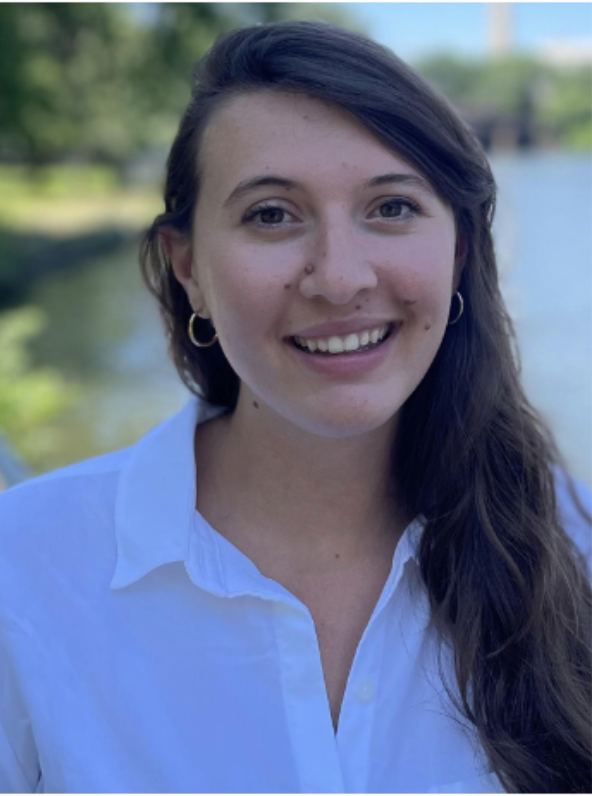
Carden Barkley earned her master’s degree in environmental management from Duke University with a concentration in coastal environmental management. Her research at Duke focused on high seas fisheries and included an interdisciplinary evaluation of the efficacy of regional fishery management organizations’ compliance and enforcement mechanisms, with the goal of developing practical policy solutions to ensure long-term sustainability for fisheries.
Barkley says she plans to “use the experiences and connections afforded by the Knauss Fellowship to establish a long career in traceability policy, sustainable fisheries management, and bipartisan collaboration.”
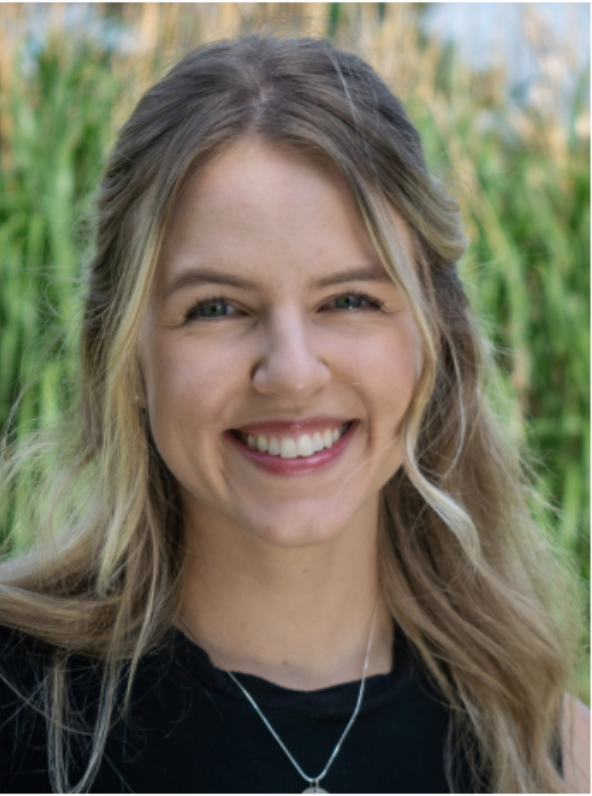
Anastasia Dulskiy is a master’s student studying ecology at the University of North Carolina at Chapel Hill. Her current work investigates the microbial ecology of temperate corals in North Carolina, providing foundational knowledge of these vital habitats with the goal of protecting coastal ecosystems.
“The Knauss Fellowship will allow me to extend my passion for ecology to the policy realm,” Dulskiy says, “preparing me for a career in which I will utilize my knowledge of marine and coastal science to promote the conservation and sustainable use of important natural resources.”
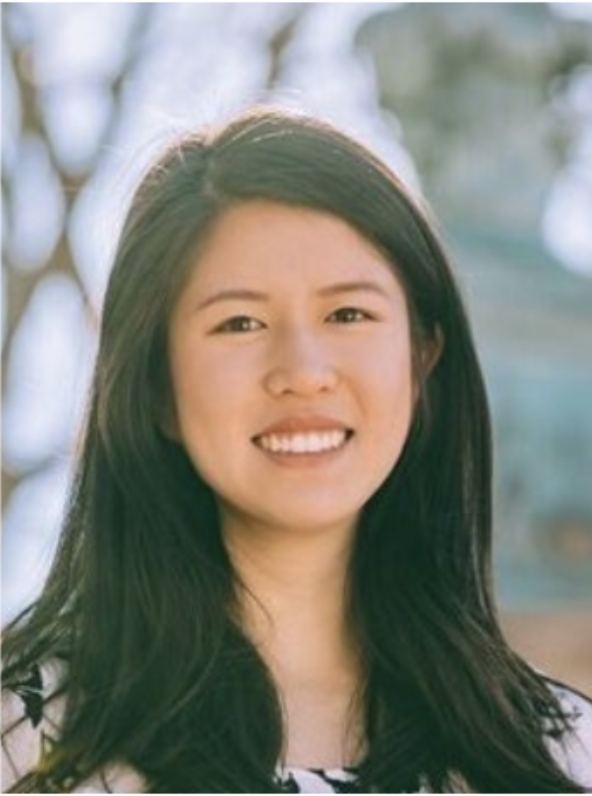
Claire Huang earned her master’s in environmental management, including a concentration in coastal environmental management, from Duke University. Her research assessed river herring spawning migration responses to dam removal in the Chesapeake Bay, a strategy she found to be effective for habitat restoration.
“All the concrete steps I’ve taken to become a scientist in policymaking have prepared me to take on any executive or legislative position,” Huang notes. “The Knauss Fellowship will empower me to pursue advanced scientific leadership roles in marine species conservation and fisheries management.”
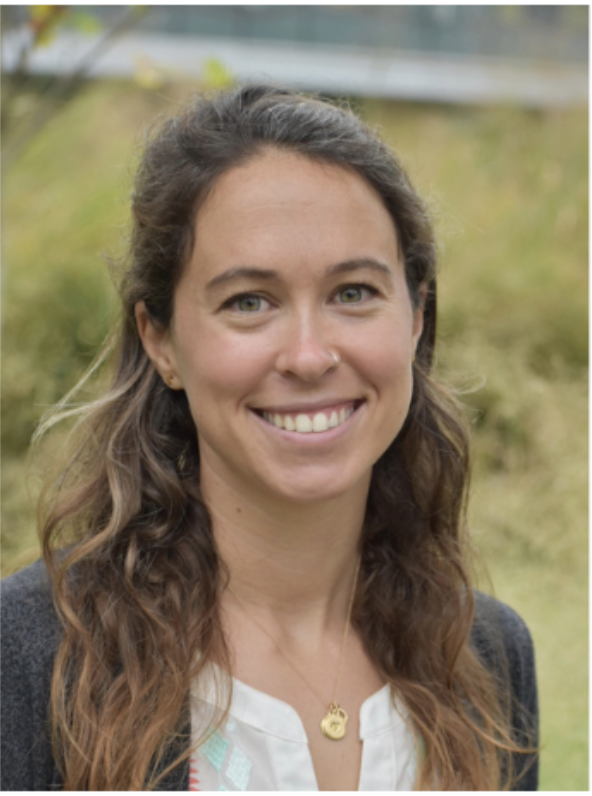
Margaret Morrison received her master’s in environmental management with a concentration in coastal environmental management from Duke University. Morrison’s research used geospatial analysis to study the impact of flooding on public transportation in Red Hook, New York to translate sea-level rise predictions into tangible risk assessments.
“The Knauss Fellowship will advance my education and career by allowing me to directly participate in the development of coastal policies and decision-making at the national level,” Morrison says. “I am excited by the opportunity to gain a deeper understanding of the federal policy design and implementation processes.”
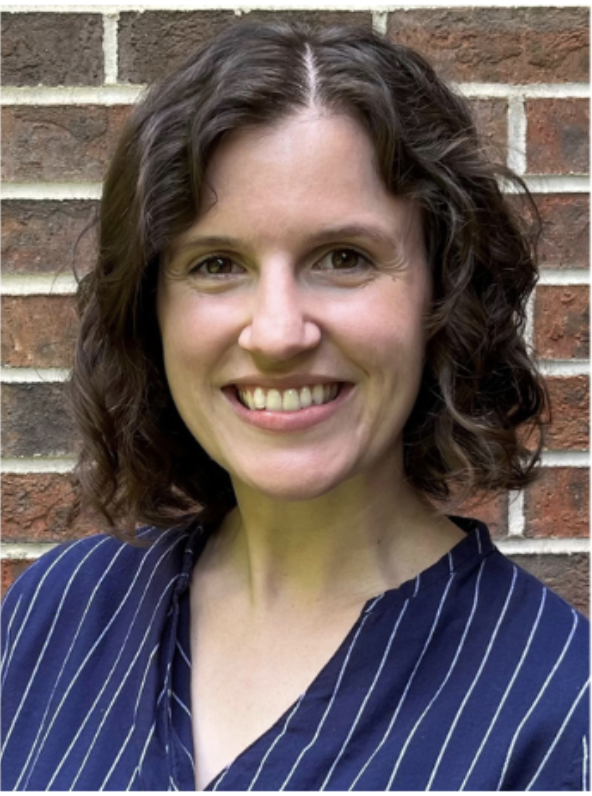
Rebecca Van Hoeck is a doctoral candidate in biology at the University of North Carolina at Chapel Hill. There, her current work focuses on marine ecosystems and how biological processes, seascape structure, and anthropogenic activity affect spatiotemporal soundscape patterns.
“I have developed an ecosystem-based approach to applied questions and a broad knowledge base spanning from ecology to policy,” says Van Hoeck. That experience will “facilitate my success as a Knauss Fellow, and in supporting the work of the federal government to achieve sustainable marine ecosystems and economies.”
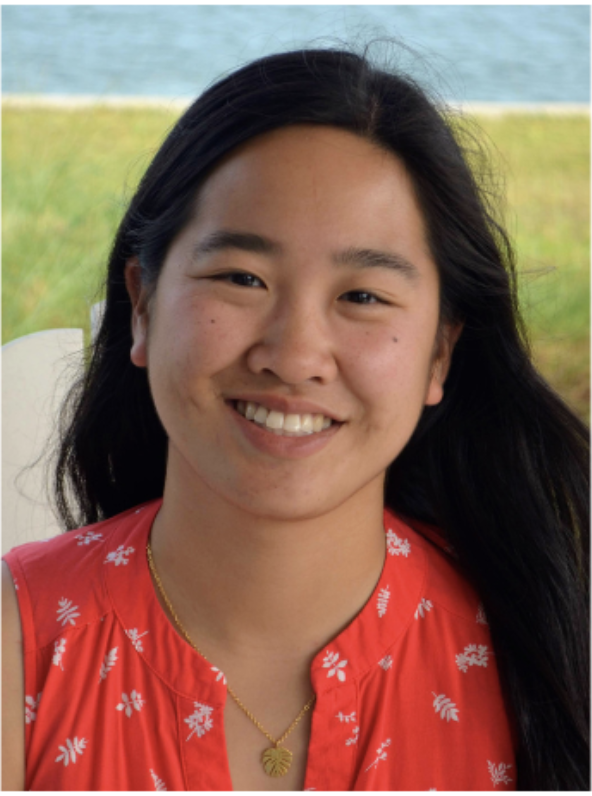
Zoe Wong graduated from Duke University with a master’s in environmental management, including a concentration in coastal environmental management. Wong’s research looked at the future of offshore aquaculture in Hawai’i, examining the state’s environmental, economic, and social landscape to determine how to cultivate a sustainable local food source.
“The Knauss Fellowship is the best opportunity for me to gain first-hand insight into our systems of lawmaking and policy implementation,” says Wong. “I look forward to completing the fellowship with a deeper understanding of how to navigate the nuances and complexities of federal governance.”
These six individuals join the nearly 100 graduate students from North Carolina who have participated in the Knauss Fellowship program since 1979. Fellows completing the program have gone on to become leaders in science, policy, and public administration.
Read more about the Sea Grant John A. Knauss Marine Policy Fellowship program’s class of 2023.
Read more about NC Sea Grant’s funding opportunities for students and faculty.
###
- Categories:
